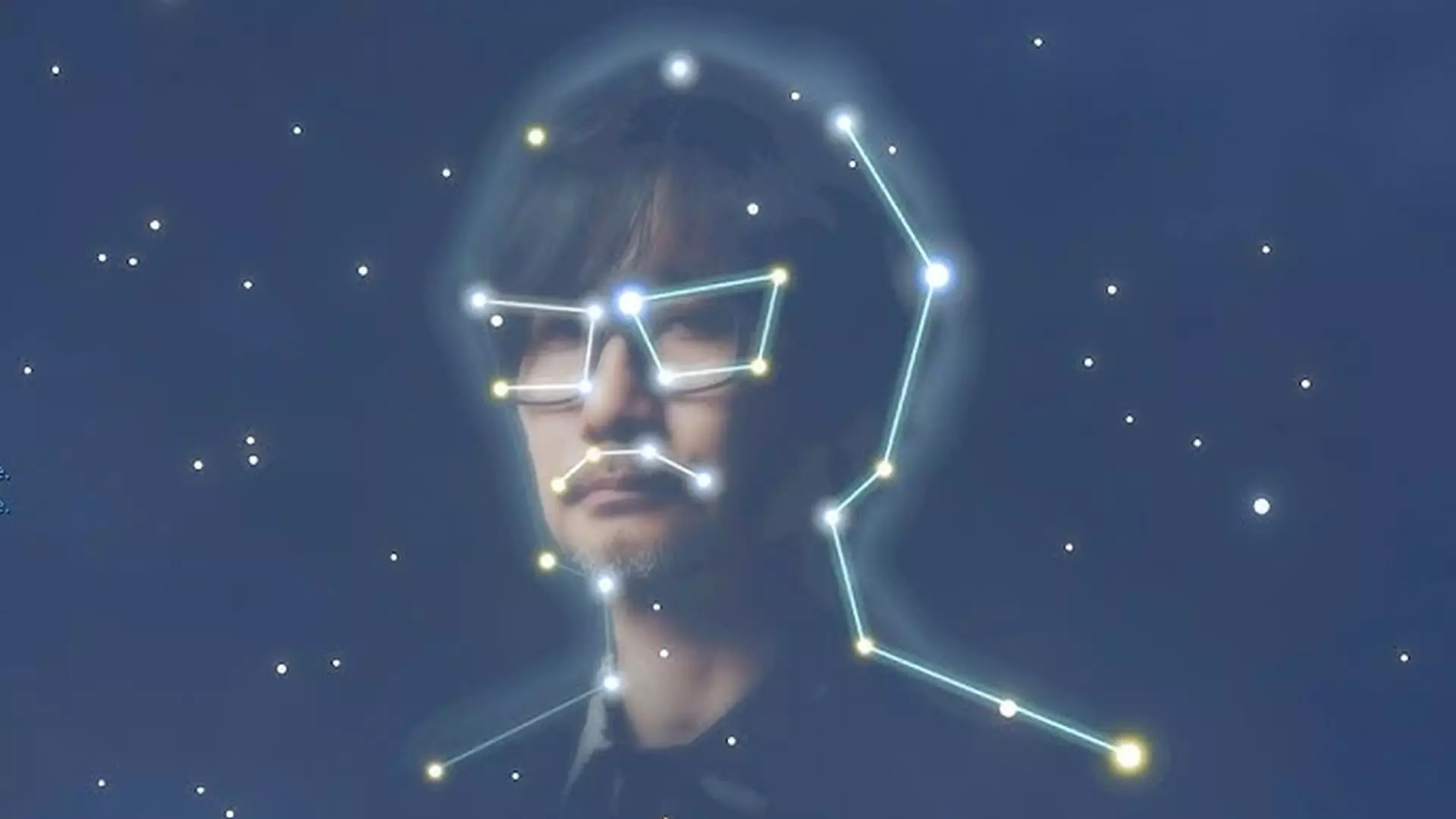Hideo Kojima, the visionary creator behind iconic games like *Metal Gear* and *Death Stranding*, has long projected a desire to transcend earthly bounds. When he publicly expressed his wish to go to space and develop a game set amidst the stars, it was more than just a quirky ambition; it revealed a complicated psyche craving the extraordinary. Yet, juxtaposing his lofty desires with the harsh reality of space exploration reveals a compelling reason to exercise caution. Space isn’t merely a playground for artists or creative geniuses; it is an environment that tests the limits of mental and emotional resilience. Historical accounts from seasoned astronauts, particularly William Shatner’s reflection on his space flight, paint a sobering picture. The “Overview Effect” often brings about overwhelming feelings of dislocation, grief, and existential dread—even for the most prepared individuals. If someone as emotionally stable as Shatner can be profoundly affected, what might happen to Kojima, whose works often tread the fragile line between imagination and chaos?
The Perils of Artistic Overreach in the Final Frontier
Kojima’s artistic mind thrives on chaos—disjointed narratives, surreal imagery, and unpredictable storytelling. The thought of him witnessing Earth’s fragility from the vastness of space underscores a potential recipe for mental destabilization. The risk is not just about physical safety but mental health. His previous creative ventures demonstrate an obsession with complex symbolism, layered narratives, and a penchant for pushing boundaries. How would exposure to the cosmic void distort such tendencies? Would the cosmic irrelevance that space might evoke cause him to spiral into themes of nihilism or destructive introspection? Space’s relentless silence and coldness often exacerbate feelings of insignificance, and for someone who already operates on the fringes of reality, that could spell a creative and psychological catastrophe.
Could Space Be the Catalyst for Creative Breakdown or Breakthrough?
While it’s undeniable that space can inspire groundbreaking art—think of the Apollo astronauts who returned with a renewed sense of wonder, or Carl Sagan’s cosmic visions—the risks are equally monumental. For Kojima, in particular, an experience of profound disconnection might trigger a cataclysmic shift in his creative outlook. Instead of producing visionary work, he could become consumed by the cosmic horror he encounters, leading to work that’s scattered, incoherent, or darker than anything he’s produced before. There is also the danger that his absence from the grounded, terrestrial perspective could hinder him from reintegrating into the societal fabric, leading to a form of artistic nihilism. The boundary between genius and madness is thin, especially when the cosmos becomes the backdrop of one’s mental universe. Kojima’s penchant for surrealist storytelling might, under extreme cosmic influence, veer into madness, where his next projects could turn unrecognizable—if they emerge at all.
The Ethical and Practical Concerns of a Celebrity Space Journey
Beyond the personal and artistic risks, allowing a high-profile figure like Kojima to venture into space raises ethical questions about privilege and the prioritization of talent over necessity. With vast resources funneled into private space companies, continuing to endorse over-the-top space ambitions for the ultra-wealthy and famous seems increasingly irresponsible. Is it truly beneficial for society to send individuals like Kojima—who, while creatively gifted, is not an astronaut or scientist—to the void? Or is it simply indulgence in cosmic vanity? The significant financial and environmental costs involved should give us pause; space exploration demands discipline, preparation, and mental fortitude. Sending someone with a tendency toward inventive chaos into an environment that amplifies disorientation is an irresponsible gamble, overlooking the profound implications of such mental upheavals not only for the individual but for the narratives they create afterward.
Concluding Thoughts: For the Love of Earth and Artistic Integrity
While the allure of space can be seductive, promising novel inspiration and transcendent experiences, it is crucial to recognize the profound risks involved, especially for individuals like Kojima. His creative brilliance is rooted in chaos, symbolism, and a complex relationship with reality—traits that space’s harsh silence and cosmic insignificance could magnify detrimentally. Protecting both his mental health and the integrity of his artistic output should take precedence over reckless pursuits of planetary exploration. Perhaps, instead of sending him physically into the cosmos, we should foster environments that allow his imagination to flourish without risking his fragile psyche. The universe is vast and mysterious, but some journeys—especially those within the depths of the mind—must be approached with care, not bravado. Humanity’s real challenge is not reaching the stars but understanding the delicate balance between artistic pursuit and psychological safety—something we must never forget in our rush toward the cosmos.

